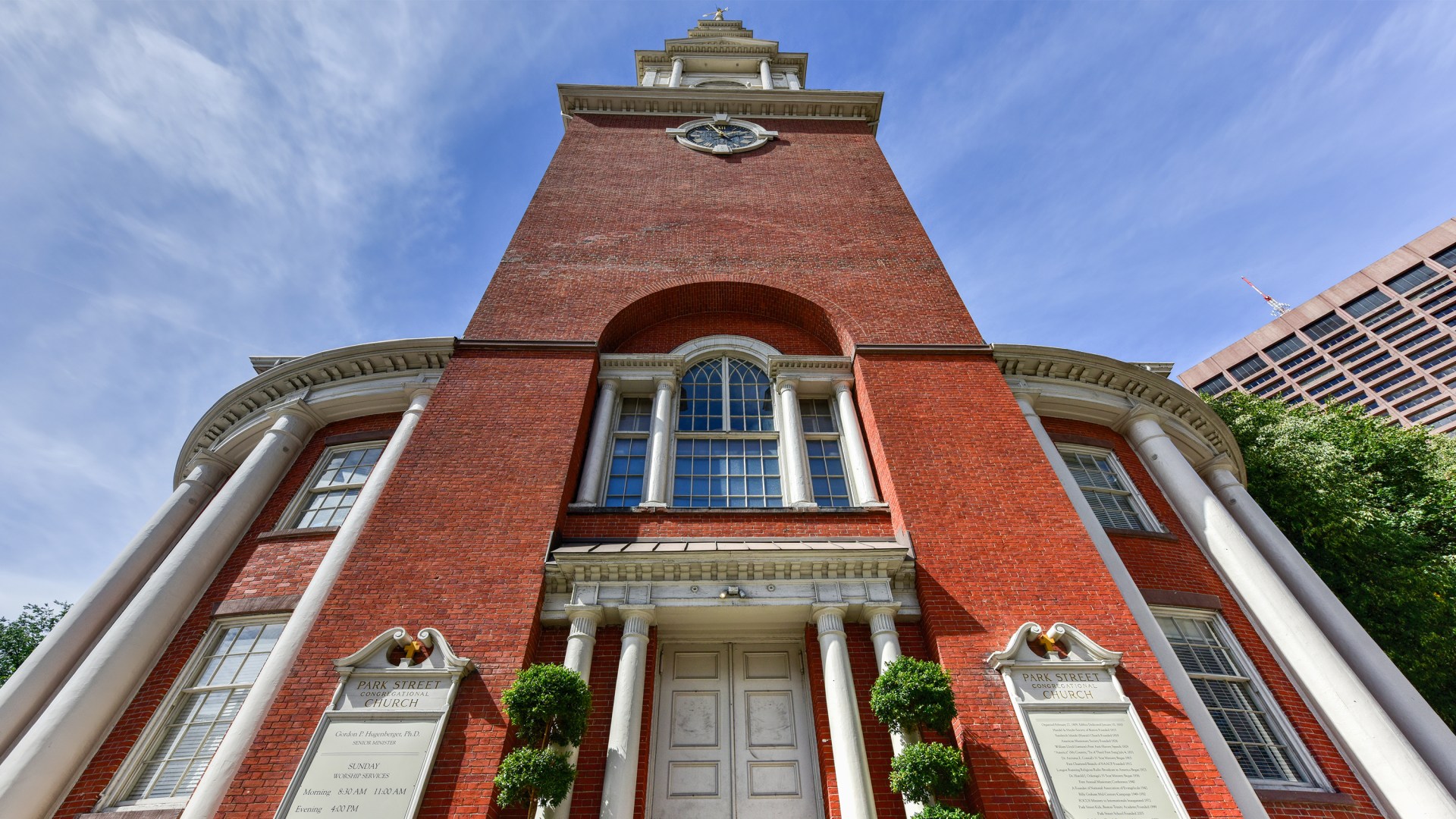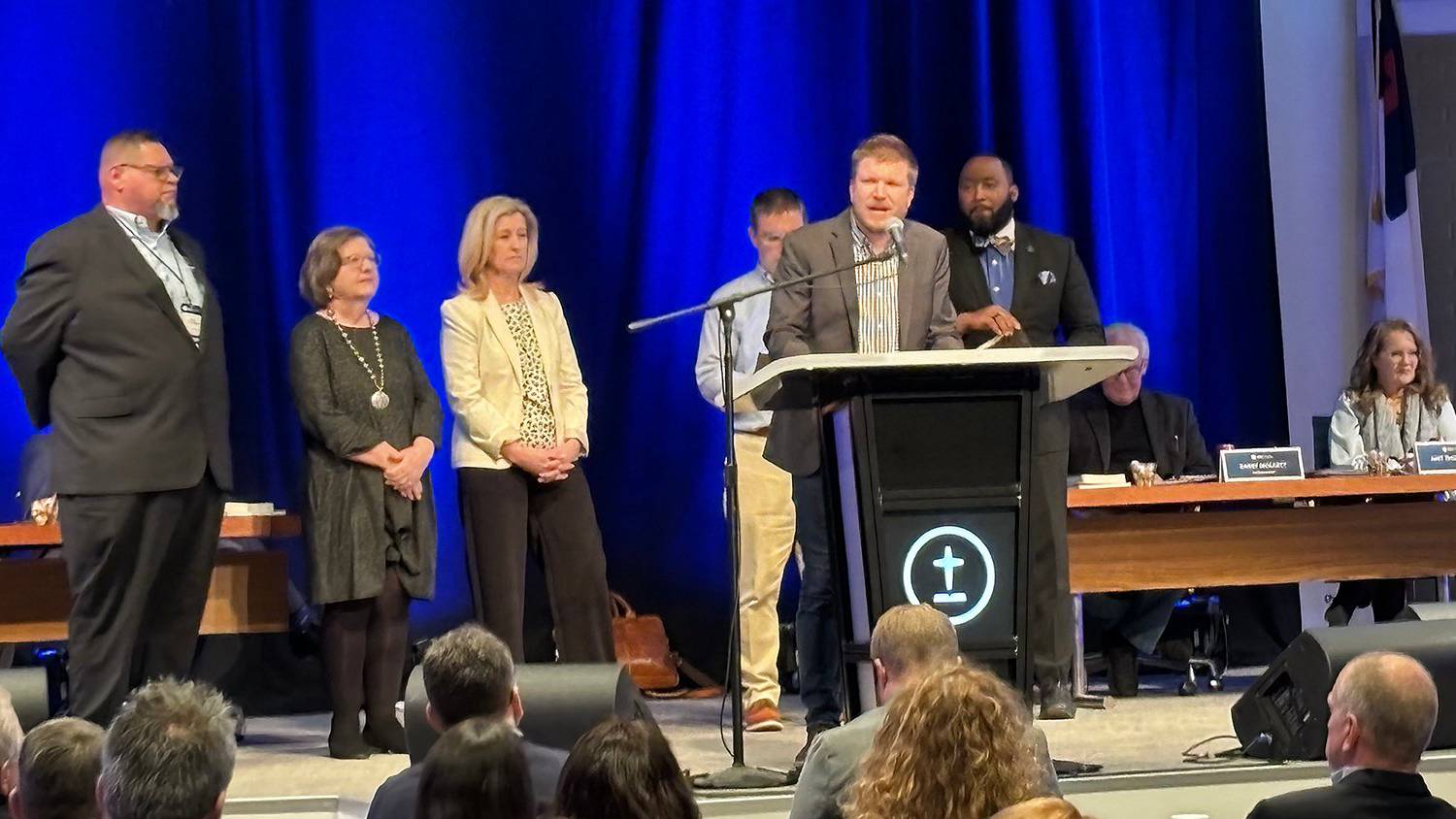Cleanliness is next to godliness.
Forgive and forget.
Growing up in my conservative, mostly evangelical, rural Texas town, I went looking for accepted truisms in the Bible—only to discover they’d never been there at all. Gradually, I came to realize life could be more complicated than those sayings allowed, and yet I’m still surprised every now and again when I find myself clinging to some pithy proverb with the spiritual ardor that ought to be reserved for chapter and verse.
This too shall pass.
God works in mysterious ways.
I walked the aisle of my Baptist church when I was nine years old, accepted Jesus Christ as my Lord and Savior, and never looked back. I was active in Girls in Action, Bible Bowl, and my best friend’s charismatic church youth group. I attended Baylor, a Christian university. Everywhere I turned, I saw people who looked like me, talked like me, thought like me, and worshiped like me.
You are the company that you keep.
Birds of a feather flock together.
I assumed that kind of flocking was biblical in the prescriptive sense. Didn’t the Bible exhort us not to forsake the gathering of the saints (Heb. 10:25), placing a high value on “doing life with” like-minded people? Living in such a homogeneous world seemed like the natural order of things. I couldn’t yet see the shadow side—how easily we slip into idolizing our own reflections, mistaking the familiar for the proper and the customary for the righteous.
Today my thinking is more complicated. Now that my eldest is a teenager, I see the benefit of encouraging her to flock with friends who share our values or faith. There are no guarantees in parenting, but the company children keep, especially at such a crucial age, indelibly shapes who they become. Yet in her large public middle school, I already see the underbelly of the flock. The very normal, human impulse to be with like-minded friends also tends to mean self-sorting along social, racial, class, and cultural lines. Of course there are exceptions, but self-segregation is the operative norm in American schools.
That childish tendency becomes a more serious problem if we do not “put the ways of childhood behind” us in adulthood (1 Cor. 13:11)—if we default to superficial homogeneity instead of reconciliation in Christ (Eph. 2:11–22) or, worse, mistake sinful self-sorting for God’s will.
The temptation to that error is strong. At every turn are signs of polarization: red versus blue, urban versus rural, secular versus religious, us versus them. Algorithms serve up the news we want to hear, virtually assuring us of our own rightness. Everything becomes political, and the lines between us have cracked into chasms, so much so that “most Democrats and Republicans live in levels of partisan segregation that exceed what scholars of racial segregation consider highly segregated.” Even men and women are drifting further apart. At every scale—from our nation to our neighborhoods to our churches to our homes—we are self-sorting.
Birds of a feather flock together is often true in practice. We may find it comforting too, an assurance that nothing’s wrong with the lives we’ve built alongside like-minded friends. But as Christians, such flocking should prick the conscience. On what ground is our commonality rooted?
A few weeks ago, my pastor caught me off guard, exposing one of those places where I thought the Bible said something it does not. We so easily misread Philippians 2, he said, where Paul enjoins Christians to be “like-minded, having the same love” as Christ (v. 2) and “have the same mindset as Christ Jesus” (v. 5).
When most of us think about the word like-minded, my pastor continued, we think of finding people who are of a like mind with us. But that’s not what Paul wrote. He called us to conform our minds to be like that of Christ.
The former centers our lives and relationships on ourselves, our preconceived notions, and our personal biases. The latter centers us on Jesus. The former is an updated idolatry—not the golden cow but our own visage hoisted on the altar. The latter is our “true and proper worship” (Rom. 12:1).
Make no mistake: Building a community around ourselves is not the call of our Savior. Christianity is a monotheistic religion, but we were never supposed to be a monolithic community. As Allen Hilton points out in A House United, the early church cut across class, ethnic, and religious lines: In Romans 16, “Paul has painted a strange and wonderful family portrait, with aristocrats and artisans, shopkeepers and slaves, men and women, Greeks and barbarians, worshiping together.”
In this way, Christians were unique in the Roman Empire. The early church drew people from diverse groups to gather in each other’s homes, awestruck at what God was doing among them as they devoted themselves to the apostles’ teaching and to each other (Acts 2:42–47). It is far too common to find Christians who have lost that distinction today. Our congregations become flocks of like-minded people in the worst sense: We are united less by a common love than by a common enemy.
We might want to blame that dysfunction on political or religious leaders or on society in the abstract. But as Michael Wear writes in The Spirit of Our Politics, the mood of the age is a reflection of our own hearts: “Many of our most profound political problems reflect how our political institutions process and respond to the habits of the heart that are held, fundamentally, at the level of the individual.”
We may be convinced our hands are unsullied by dirty politicking, but how often in our ordinary lives do we choose hostility over hospitality or contempt over curiosity? Feeling right(eous) and powerful is deliciously intoxicating, as I know from experience. It’s ripe fruit from the wrong tree, and we’ve feasted until we are sick.
If there’s one thing Americans agree on as we look toward the 2024 election, it’s a shared feeling of dread. Few Americans want a rematch between president Joe Biden and former president Donald Trump, but this dread isn’t only about the unpleasant political theater that will last for months. It’s also about deeper anxieties: How do we keep already-fragile relationships from becoming political fodder? How do we resist the pull to make everything political? Are we bequeathing our children the makings of a civil war?
As followers of Jesus, we have an answer for this—if only we could remember it. Re-member: The word means “to call to mind,” but it also means “to put back together;” it is an antonym of dismember. The church must live out both meanings of the word.
We need to call to mind the eternal God in whom we live and move and have our being (Acts 17:28), seeking to be more like-minded with him every day. And we need to acknowledge how much we—as individual American Christians—have contributed to the dismembering of our society, succumbing to the temptations Jesus faced in the wilderness as we pursue our desire to be relevant, spectacular, and powerful regardless of the cost.
As we repent for our part in the breaking, we must take up our part in the repairing, using “the old rubble of past lives to build anew … [becoming] known as those who can fix anything, restore old ruins, rebuild and renovate, make the community livable again” (Isa. 58:12, MSG).
Trying to change a nation’s trajectory may feel as futile as trying to redirect an asteroid. But we can certainly course-correct our own lives. When we are like-minded with Christ, we will take on the nature of a servant. We will humble ourselves. We won’t be motivated by selfish ambition or vain conceit. We will look to the interests of others, seeking the “peace and prosperity” of the cities to which we very well may feel exiled (Phil. 2; Jer. 29:7).
Our Lord who “rejoices to see the work begin” (Zech. 4:10, NLT) doesn’t despise our small beginnings. Nor should we. The season of Lent is upon us, and in a world that sometimes feels like it’s turning to ashes in our hands, maybe it is time we repent.
Carrie McKean is a West Texas–based writer whose work has appeared in The New York Times, The Atlantic, and Texas Monthly Magazine. Find her at carriemckean.com.
















































